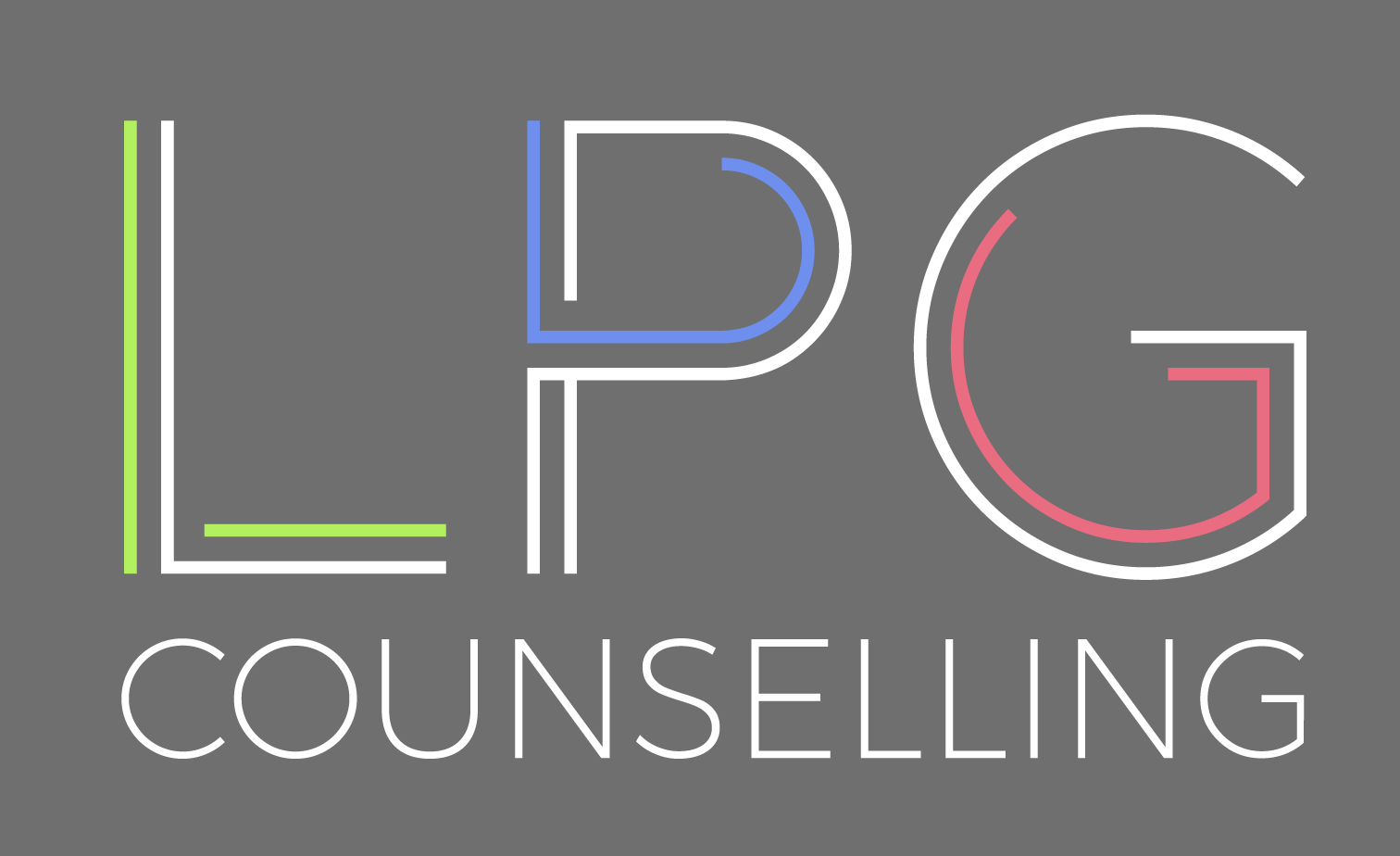The Chronic Pain Blame Game (Part 2)
When I was 11 I experienced the most excruciating pain I had ever encountered. My parents and I were not long back from Spain and my mum, a born panicker, was worried that I had meningitis as there had been a small outbreak where we had been. The emergency doctor was called and I remember lying in bed in agony, him examining me briefly, looking over my head to talk to my parents who were stood behind me and uttering “It's just a migraine”.
I didn't fully understand what a migraine was at that point I just knew my mum had “bad headaches” from time to time but I could tell from his demeanour and dismissive tone that it wasn't a big deal and this visit was a waste of his time.
What I didn't know at that point was that this would be a common reaction and response to my pain and that I would struggle to remember a point in my life from then on without any type of head, facial or neck pain.
In fact, my pain would only grow in intensity, frequency and duration, beginning as the odd migraine and dull headache to a permanent headache, facial pain, chronic migraines and now fibromyalgia to boot.
Unsurprisingly I have experienced bouts of low mood, depression and anxiety. It becomes a chicken and egg situation with the rest of your world, especially doctors who confidently proclaim that you have headaches and migraines because you are depressed as if they have solved some magical riddle. What no-one seemed to realise is that I was depressed because I was in pain. I was grieving for a life and a body that could have been whilst being in fucking agony.
When I think about chronic or invisible illness it's hard to convey in words to someone that doesn't experience it the anguish that your body does not feel like your own. You have no control. It doesn't care how much you want to go for a walk or go on that night out or simply wake up refreshed and ready for the day.
This is probably where my disdain of “positive thinking” and “practising gratitude” comes from. Please don't misunderstand, I'm not against positivity, but what I am against is toxic positivity, the idea that we must always be striving to see the good in every situation whilst essentially dismissing the pain and distress that we may also be experiencing.
Some days I don't want to be grateful or thankful or think of what my illness has taught me, some days I want to be angry and upset and there has to be a space for that to exist. Being unwell is hard enough without the added guilt that you should somehow be thriving in amongst it or always looking for the positives. In case no one has ever told you, I'm here to tell you it's OK to be angry with your body. It's OK to feel that things have been taken from you and it's more than OK to not want to make that easier for others to understand.
So what can we do? We can learn to love, cherish and accept this version of ourselves. No conditions attached. We can also allow ourselves the time and space necessary to grieve the loss of our old self. Acceptance isn't linear. I have reached points of acceptance within myself only for a bad week, new symptom or hurtful comment to put me back again. I have found acceptance in the knowledge that this will continue to be the case. For as much as people would like there to be (myself included), there is no quick fix.
We can also acknowledge how sacred our time and energy is. This is something that we can all be oblivious to until our body no longer has the capacity it once did and we are forced to examine where and who we give our time and energy to. Choose wisely.
by Laura Finnell

